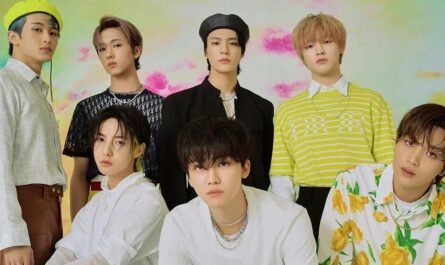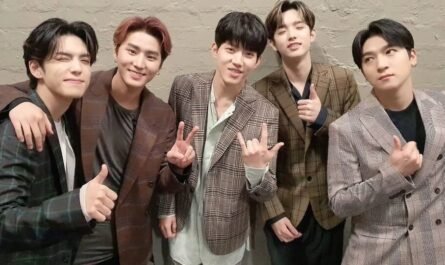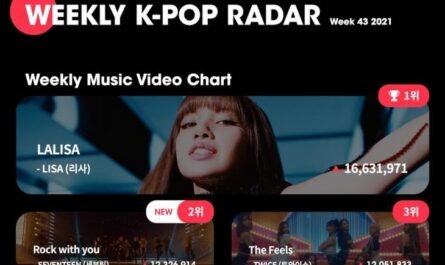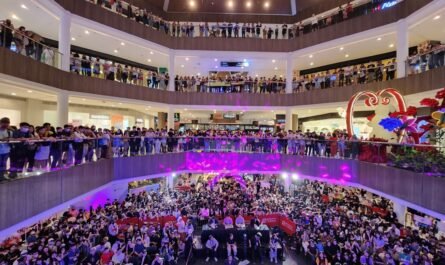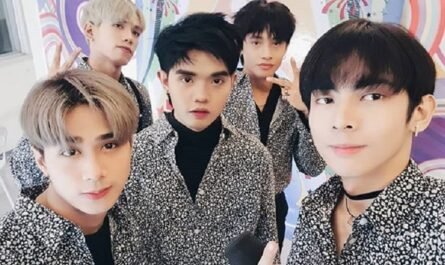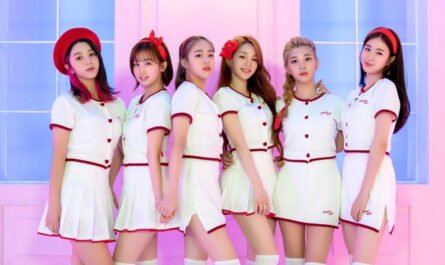‘When I changed my mind, the strategy worked’
Eximbank Korea President Bang Bang-gyu went on his first overseas business trip in one year and eight months after taking office at the end of June. On tour, where he received the Corona 19 gene amplification test (PCR) eight times, the results were as good as the long wait. It has signed an export finance contract worth $5 billion with Abu Dhabi National Oil Corporation (ADNOC), a giant state-owned company in the United Arab Emirates (UAE). It is a contract to provide finance directly to the ordering party, abandoning now supporting companies in individual projects. With this contract, ADNOC will be able to secure stable financial resources, and our company in charge of the construction will be able to receive payment quickly.
“Overseas construction orders are generally downhill. Major clients are reducing construction projects as oil prices stabilize downward. Should we wait for oil prices to rise? Is there any other way? If you give money to the client and say, ‘I will provide the necessary finance, please work for a Korean company. I approached it with the idea of what it would be like to say, ‘Open the limit and use it as an expense.'”
This exquisite strategy, pioneering a new path for export strategy, was possible because he was an orthodox economic bureaucrat who went through the Ministry of Strategy and Finance, the Ministry of Agriculture, Food and Rural Affairs, and the Ministry of Health and Welfare. He dug into the cracks in the financial environment of the Middle East order market.
“Abu Dhabi Petroleum Corporation, which has signed an export finance agreement, has a credit rating of AA based on Fitch, which is higher than that of Korea (AA-). However, since we are a financial institution, the cost of issuing bonds is low. As a result, there was a 30-40bp (1% = 100bp) difference in interest rates with Mercury, a government-owned bank. We have a reason to spend our money.”
President Bang pointed out that a similar type of contract is being pursued outside of the UAE. $5 billion is just the beginning. On my last business trip, I also stopped by Jordan. It has signed a sub-finance agreement of USD 1.3 trillion with the Jordan Housing and Trade Bank, which will support the Iraqi reconstruction project. It is also the first credit project in the Middle East. This is also a strategy for cultivating the export gardens of Korean companies.
“There is no sub-loan financing available in Southeast or South America in the Middle East. It’s a construction-oriented business. Although Jordan does not produce oil, it is a very commercial place. It is an important market for our company because Hyundai Motor Company has the largest market share. It is also a bridgehead to areas that are difficult to enter directly, such as Iran and Iraq. We saw that we could advance into the region with Jordan as a base.”
Adaptation to the paradigm shift in the global economy has become as important as efforts to secure export routes. As global industrial issues shift to eco-friendliness due to the COVID-19 pandemic, the export strategies of Korean companies have no choice but to change: environment, society, and governance (ESG). Bang has already painted the big picture.
The slogan of Mercury is ‘we export sustainable growth.’ It aims to supply 14 trillion won in ESG-related loans this year and has decided to raise it to 18 trillion won on average over ten years. The issuance of bonds to raise capital is expected to be $20 billion. It is also pursuing a plan to reduce institutional carbon emissions by 50%.
“On the 45th anniversary of our founding on July 1, we declared ESG management and decided to respond to climate change actively. That doesn’t mean we can’t destroy a power plant that’s already providing financing. We will not provide new financing to the carbon emission sector, but we want to keep doing what we do. Currently, the assets related to coal are 3.3 trillion won, and the normal payback period is about 20 years, so we will be able to achieve complete de-coalition by 2040.”
It is also actively responding to changes in the export portfolio centered on manufacturing, to future cars, healthcare, and K-pop.
In particular, it made a drastic change in the workforce and organization of Mercury. Chairman Bang carried out the organizational reorganization and changed the name to an industry-specific organization as of January 1. I wonder if the name change is such a big deal, but it has significant implications.
“In export finance, Mercury is the most specialized, but there was indeed a lack of knowledge about new industries. In the meantime, the department names such as Finance Department 1, 2, and 3 were renamed to Information and Communication Finance Department, Mobility Finance Department, and Bio Service Finance Department. The team also clarified that it was not a number, but a semiconductor team, etc. It is meant to be professional. Mercury employees are the best employees in the financial sector, but the amount of learning of the finance team leader and the semiconductor team leader is inevitably different. I wanted to remind them that ‘do all your studies and take responsibility in the field.”
Director Bang’s efforts to increase the competitiveness of his employees also have another meaning. His philosophy is that the role of a policy financial institution is to organize the difficulties that Mercury found out in supporting export companies, delivering them to the government, and reflecting them in policies.
As a result of a survey conducted by TXF, a British financial magazine last year, of 470 financial institutions and import/export companies worldwide, Mercury ranked first in the evaluation. The selection was that ‘even in the Corona pandemic, they actively developed various products and supported many companies.
Mercury is expected to export 610 billion dollars this year. That’s significantly higher than last year’s $520 billion. Although it seems that the estimate is set too high, exports in the first half have already exceeded $300 billion. At $155 billion per quarter, $610 billion is now achievable.
“If you think about the beginning of the year, it is a miraculous result. The Coronavirus can show such amazing resilience is not proof that the Korean economy has powerful basic stamina. In our DNA, when a crisis comes, I think it will lead to better results by exerting the momentum that we have not normally shown.”
Meanwhile, internally, this year marks a significant turning point. In restructuring the shipbuilding industry, it has been limited in evaluation by public institutions for the past five years as it received an in-kind investment in a stake in an insolvent company. From next year, you can receive a typical evaluation. From next year, Chairman Bang plans to do his best to be rewarded for their hard work.



